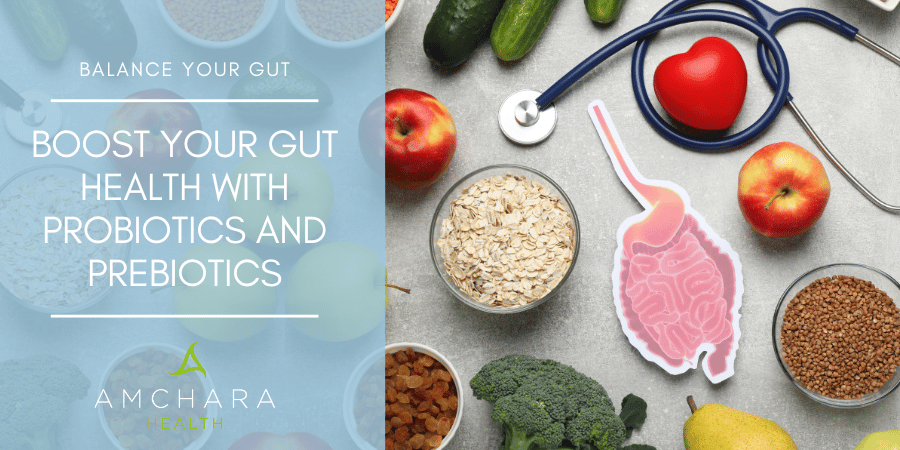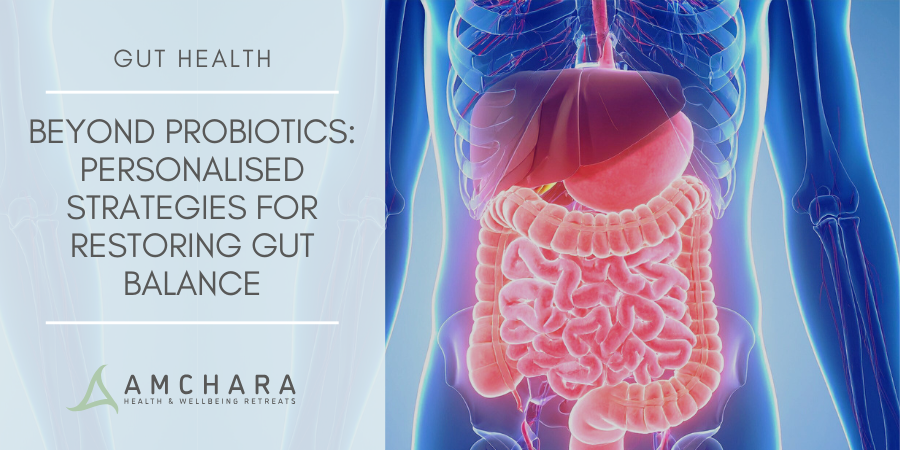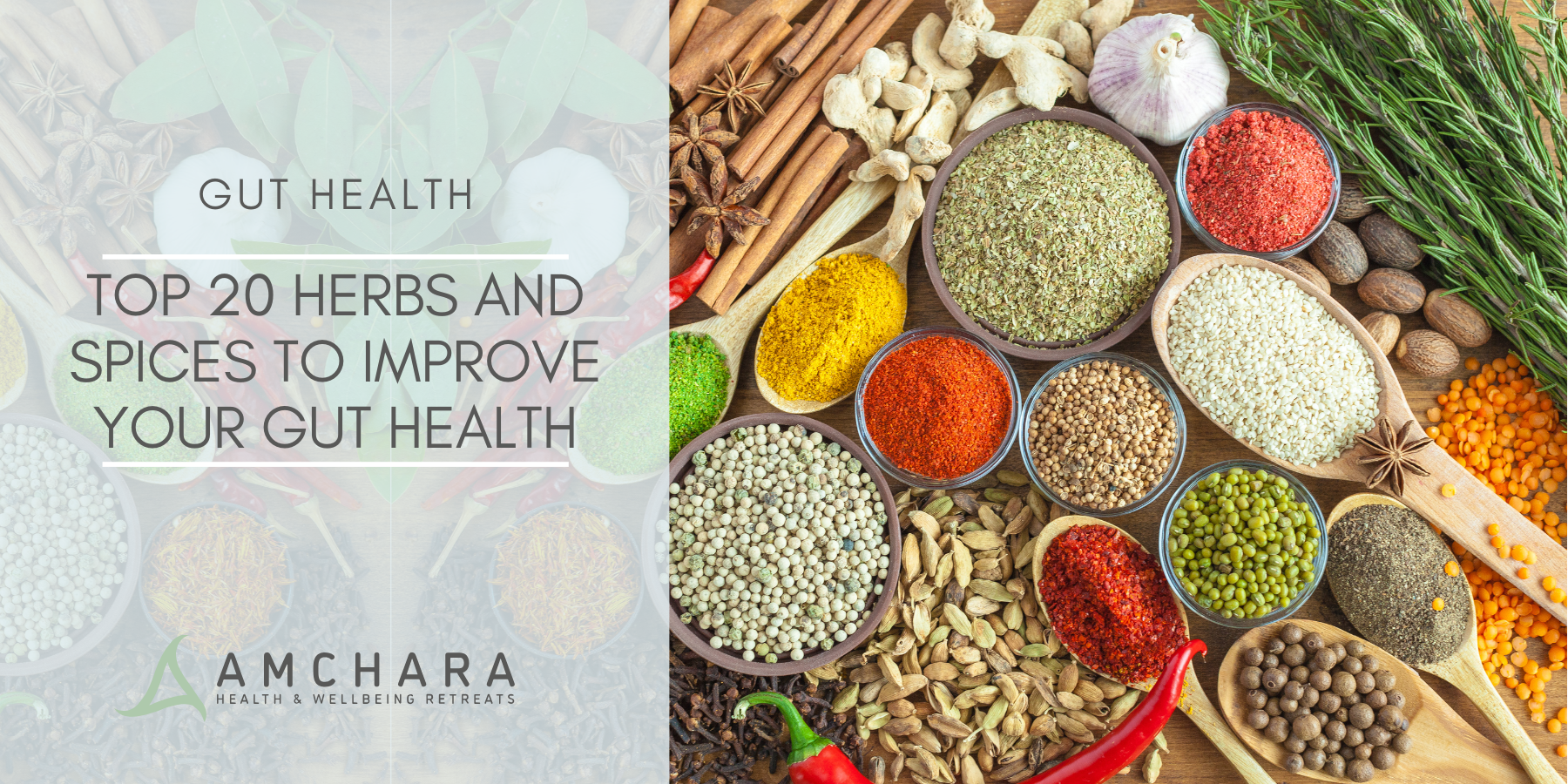Topics Covered in this article:
Improving gut health is a great starting point for addressing many common health conditions and symptoms and is an integral part of working to improve your overall health and wellbeing.
A functional medicine approach to treatment that considers the body as a whole can support your journey to optimum wellness. Making good nutritional choices, reducing stress and toxins and supporting healthy bacteria to flourish will help to support the gut and prevent many common digestive issues.
Ensuring a good intake of beneficial prebiotics and probiotics is vital to optimise gut health, which in turn exerts a huge influence on all aspects of the body’s systems including your immune system. An imbalance in the microbiome can contribute to health issues including raised cholesterol levels, increased blood sugar levels, and weight gain.
We always take an evidence-based approach and aim to provide you with actionable knowledge and tips to help you on your journey to optimal health; in this article we’ll take a closer look at prebiotics and probiotics to help you make informed choices about how to support your gut health naturally.
Benefits of prebiotics
Prebiotics are vital bacteria that are beneficial for many aspects of overall health, including the following:
Prebiotic foods
You can ensure you have a good prebiotic intake by regularly eating the following foods:
Benefits of probiotics
Probiotics, also known as ‘friendly’ bacteria, are bacteria that line your digestive tract and support your body’s ability to absorb nutrients and fight infection. They are live microorganisms, found in fermented foods.
A good intake of probiotics supports the body in a number of ways including:
Probiotic foods
You can ensure you have a good probiotic intake by regularly eating the following foods:
Supplements
Supplements can be a beneficial way of boosting your prebiotic and probiotic intake. Prebiotic supplements will typically include fibres such as inulin, fructooligosaccharides (FOR) or resistant starch. There are many types of probiotic supplements available, and it is important to look at the specific strains included – most of the studies showing benefits used dosages of 1 billion to 100 billion live organisms or colony-forming units (CFU) per day.
It is also important to consider any specific health concerns of conditions you have before taking any form of supplementation, so seek the advice of a healthcare professional to ensure you are choosing a supplement that will be most supportive of and beneficial to your individual health circumstances.
Takeaway
At Amchara, we always aim to guide you through evidence and scientific research. Come to our nurturing environment at Amchara, where our experienced Personalised Health practitioners can work with you to explore positive lifestyle choices to help you achieve your health goals, with a tailored approach taking into account your individual circumstances.
We know that sharing knowledge and experiences can be an important part of achieving optimal health, we’d love to know if you have found taking prebiotics and probiotics has helped boost your gut health and any other strategies that have worked for you.




